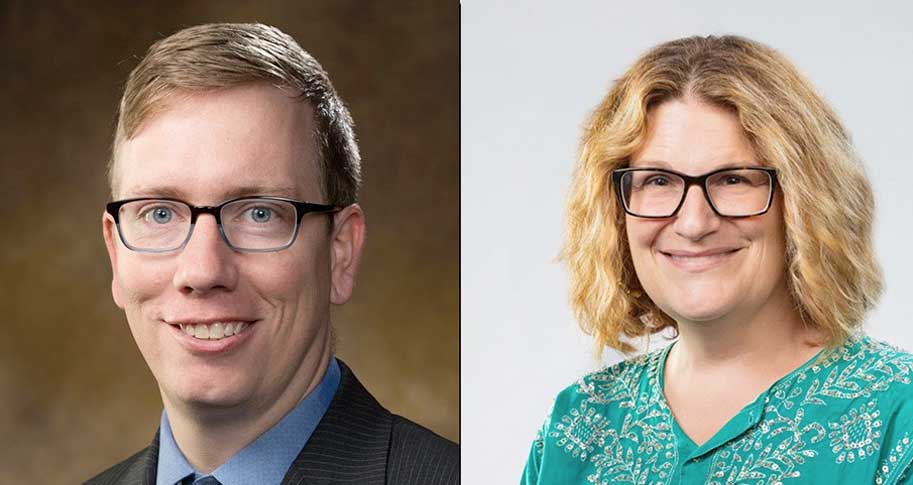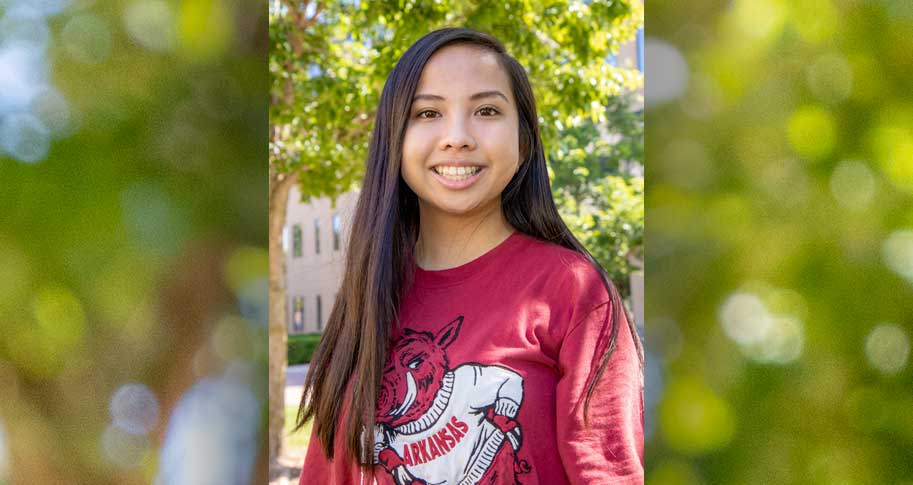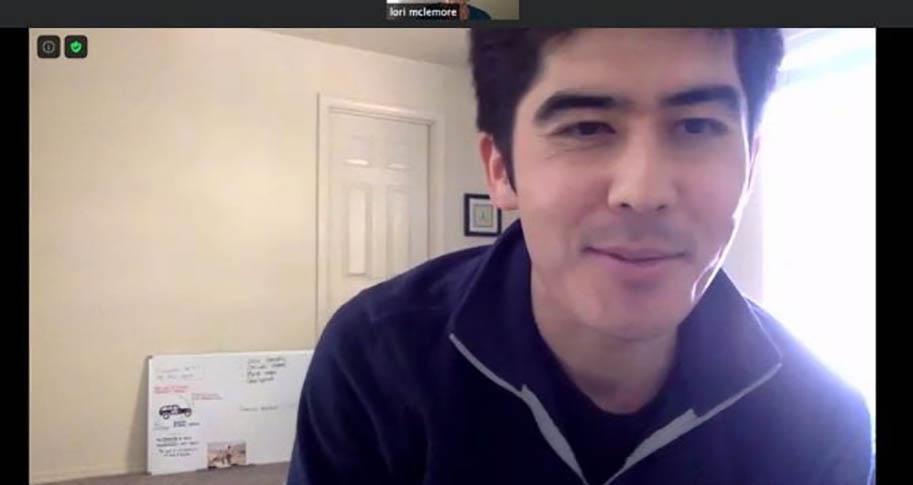
One of 6-year-old Farid Noori’s everyday chores in Pakistan was to run down to the local bakery to collect bread for dinner.
It was a social event.
Farid would stand in line and talk to others as he waited for the freshly baked bread. The bakery only sold bread – no pastries or croissants. Upstairs in the loft, bakers would cut the dough and then throw it down to the ground floor to be flattened. Then the bread would be “baked” in a hot oven in the ground – somewhat like a fire pit – where workers would slap the dough on the oven walls until the bread puffed up and became golden brown.
The cashier would then wrap the Naan-like bread in newspaper. Farid would take the hot bread home just in time for dinner with his brothers and parents.
As townspeople waited for the bread, they socialized. For Farid, it was a chance to hang out with friends. One friend had a bike!
“That was the most exciting part of the day,” Noori said. “I couldn’t wait to buy the bread for the family!”
When his friend came to the bakery, he would teach Farid to ride. One day “I looked behind and my friend was waving – he wasn’t holding on!”
When he realized he was actually riding a bike independently, he promptly crashed into an older man who had just purchased bread.
The whole affair was a secret because his family thought Farid could get hurt riding a bike — there were no specific lanes for cars, much less bikes. His parents thought biking would be a distraction from his studies.
Secret or not, Farid was hooked.
Family
Farid is the youngest of five brothers. His family moved around due to conflicts in Afghanistan. When the Taliban rose to power in the country, his family migrated to nearby Pakistan. Seeking a better life for his family, Farid’s father boarded a tiny fisherman’s vessel to Australia leaving his sons with a directive to learn English.
English classes after school were common in Pakistan, and 6-year-old Farid joined his four older brothers in learning English. They took classes to prepare for life in Australia, but his father returned to Afghanistan three years later after the United States invaded the country.
Farid continued to learn and refine his English. He would listen to Voice of America radio at 3 a.m. and then go back to sleep. He would also listen to the BBC. Years passed and Farid had no plans to migrate to another country until a friend suggested he try to get an academic scholarship to an American school. He did not realize this was even possible. He began to research how to make this happen.
Academics
Through an American exchange program which accepted 50 Afghans per year, Farid attended a high school in Maine for six months. From there, he was accepted to United World College, an international boarding school outside of Las Vegas, New Mexico, which he attended for his last two years of high school.
The school was 15 minutes outside of town by bus, but Farid would opt to bike into town instead. He would hop onto a single-speed bike. While stray dogs might chase him, “It was freedom to ride bikes.”
An older classmate was accepted to Middlebury College in Vermont and encouraged Farid to apply there too. Middlebury is surrounded by the Green Mountains to the east and the Adirondack Mountains to the West. The college also had a cycling team.
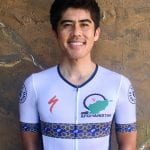
Farid did apply and was accepted at Middlebury. While there, he joined the cycling team and participated in two collegiate national competitions. While he raced both road racing and mountain biking, his passion is with the latter. At Middlebury, Farid earned a bachelor’s degree in economics. Combining his love of biking, his home country and business, he also founded a nonprofit, Mountain Bike Afghanistan.
The Ties That Bind
A commonality in the places Farid has lived are mountains. In Farid’s homeland, the majestic Hindu Kush mountains run northeast to southwest, cutting the country into three distinct regions. Farid’s hometown of Ghazni lies in the southern foothills of the Hindu Kush mountains just southwest of the capital of Kabul.
New Mexico’s United World College – Farid’s high school – is located at the base of the Sangre de Cristo mountains.
The highest point of the Hindu Kush in Afghanistan is the Noshaq peak at 24,580 feet above sea level. In comparison, the highest point in the Rocky Mountain Range in the United States is Mount Elbert located in Colorado at 14,440 feet. The highest point in Arkansas is Mount Magazine at 2,753 feet.
Mountains and the high altitude have influenced Farid’s mountain bike experience.
Farid’s hometown of Ghazni is located at 7,280 feet. The high elevation can enhance elite athletes’ performance. This combined with the beauty of the mountainous regions of Afghanistan could possibly create Olympian mountain biking competitions there … something Farid dreams of.
Farid also dreams of the day when people view Afghanistan as a mountain biking destination and not just a war-torn country. He believes that mountain bike competitions can help change the perception of his home.
Farid hopes that riding a bicycle can give women freedom. It is a visual for Afghans to see how capable women can be and to break the social norms the Taliban started years ago.
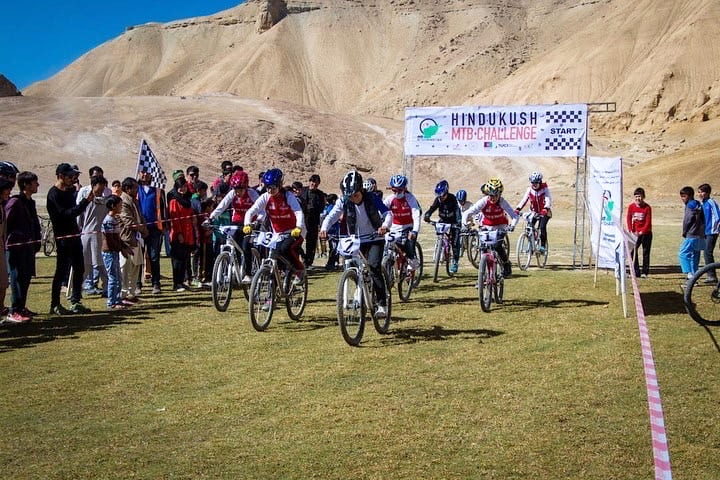
“A woman in a classroom is sheltered from the public eye,” Farid said. “But a woman on a bike the public can see. It threatens a patriarchal system. If they will tolerate a woman on a bike, maybe they will tolerate women reading and being educated.”
Farid has four main goals he hopes to achieve through Mountain Bike Afghanistan:
- Showcase Afghanistan’s beautiful landscape.
- Make Afghanistan a cycling powerhouse and build pride in the Afghan community.
- Empower Afghan women; support the “Right to Ride” movement.
- Promote environmental awareness and create outdoor enthusiasts.
He hopes to obtain sponsorships and endowments to keep the nonprofit financially secure.
Northwest Arkansas
In 2019, Farid began to look at several business schools for graduate school. In March 2020, he traveled to Bentonville to make a presentation about his nonprofit at a community event. Afterward, the Walton Family Foundation invited him to ride the mountain biking trails of Northwest Arkansas.
One thing led to another.
Soon Gary Vernon, a program officer for the foundation’s Walton Personal Philanthropy Group, introduced Farid to Jon Johnson, a biking enthusiast and the head of Walton College’s newly launched Strategy, Entrepreneurship and Venture Innovation academic department. Jon then introduced Farid to Vikas Anand, Walton College’s executive director of MBA Programs and Graduate Program Innovation.
At Gary, Jon and Vikas’ urging, Farid checked out the Sam M. Walton College of Business and the University of Arkansas. He applied to the Graduate School of Business, was accepted and is now in the MBA Class of 2022.
“This is the right place to be and I’m grateful for that,” Farid said. “I want to create a cultural exchange program between Northwest Arkansas and the Hindu Kush mountains in Afghanistan.”
While here, Farid has joined the university’s biking club, where Johnson serves as faculty adviser. He has collaborated with the Women of Oz, a biking club in Northwest Arkansas, which sponsored his nonprofit’s 3rd Hindukush MTB (mountain biking) Challenge in October 2020.
Meanwhile, Farid is focusing on his graduate studies. He may specialize in marketing, but he still has time to decide.
“I’m contemplating life after Walton,” Farid said. He questions whether he will work for a corporation or start his own business.
One thing is for sure. Throughout high school, college and now graduate school, he has proven his parents’ fear that biking would interfere with his studies was unfounded. In fact, it is the perfect complement.

